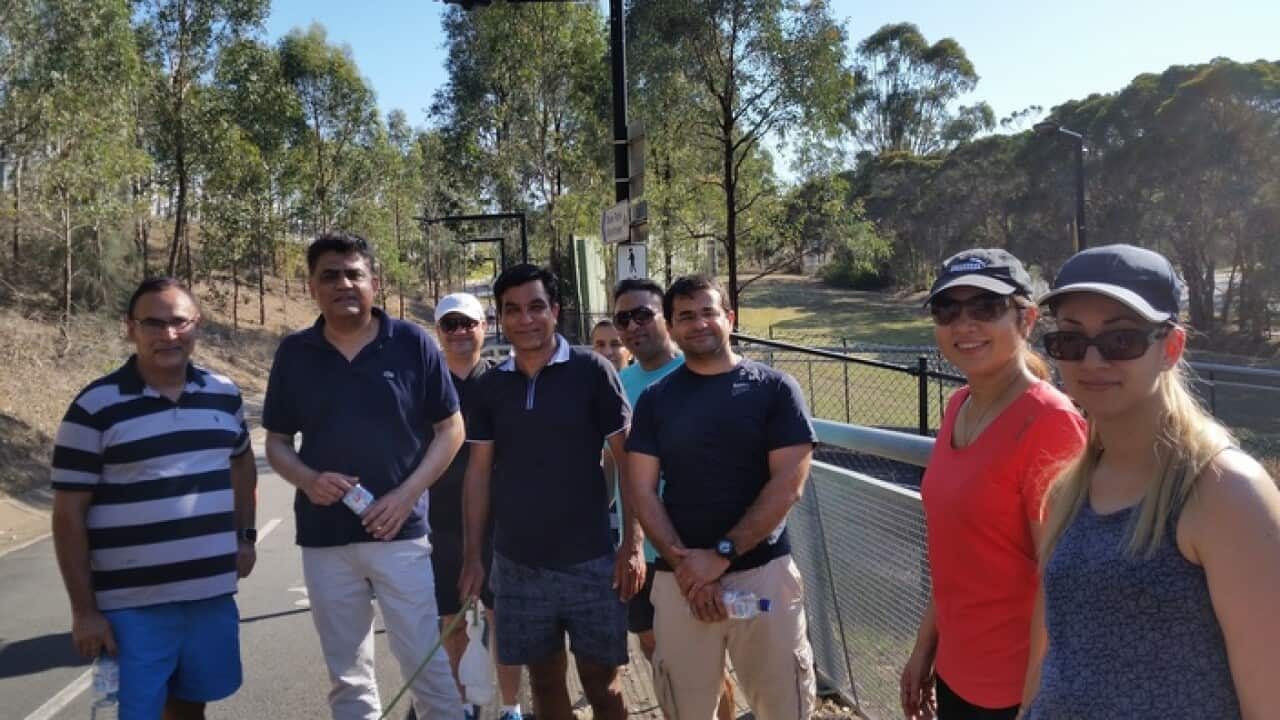It's a tool designed to help Australians live longer. And while that sounds, perhaps, a little far-fetched, it's possible the online tool could be life-changing. Aged Care Minister Ken Wyatt describes Life Checks website as a "reality check" for Australians aged 45 and over. He says it will help them make good decisions about health, finances, work, social and emotional well-being.
"See at the age of 45, we tend to develop co-morbidities so this is a reality check of saying 'how's your health travelling? Should you go to your GP?' In terms of the wealth component, most of us retire at 65 plus, if we're living longer to 100 then have you got enough finances to take you and carry you through those 40 years, not withstanding that you will receive the pension, depending on your assets? Then of course work, you might decide you want to continue working and undertake a training program so we designed it around that element. And the other is social and emotional well-being - how you're connected, your social life, whether you're lonely et cetera."
On average, Australians are living 25 years longer than they did 100 years ago. General life expectancy is now 82.5 years old and it's predicted that by 2050, there will be more than 40,000 centenarians. CEO of the Public Health Association of Australia Terry Slevin says personal responsibility plays a part in helping Australians age healthily.
"We've known for a long time the population bubble coming with baby boomers and the generation that follows them mean keeping an eye out for the impacts of chronic disease is fundamentally important for Australia's future. In terms of hospitalisation, about 37 per cent of all hospitalisations are due to chronic health conditions, about 87 per cent deaths in 2016 were due to those chronic disease conditions, and about 61 per cent of the total burden of disease in Australia is because of those conditions - like mental health problems, cardiovascular disease, cancer, arthritis, asthma, back pain."
The website provides two quizzes for people, one for those aged 45 to 64 years and one for those 65 and older. After completing the questions, information on areas that may need change, including nutrition, alcohol consumption, physical activity and smoking, is provided.
For privacy reasons, individual results and recommendations will be emailed to residents in an easy-to-read format, before all the information supplied will then be wiped from the website. Minister Wyatt wants to see all Australians aiming to live beyond the age of 100.
"It's about planning far better for our life's journey. If you and I were to travel overseas, we'd go into detailed planning about every element of that travel, and then our return. Now in life, we never do that, we just live day-to-day with long-term plans around the house, around family and some other options and work, but we never stop to look at the detail of our own health and well-being in the context of, have we set ourselves up for life? "
The Public Health Association's Terry Slevin says the website will have an effect. He predicts most Australians will away take away one or two pieces of advice from doing the quiz. But he says real change has to come at a government level, with investments in infrastructure and awareness.
"So we think an investment in health resources at the prevention end of the spectrum will be vital when it comes to tackling and ameliorating the impact at the treatment end later in life. So while we think this [the website] is useful and is one modest part of a very big and complex puzzle, there's many other challenges to face so the focus in prevention is something we're delighted to see and we want to see far more of."







